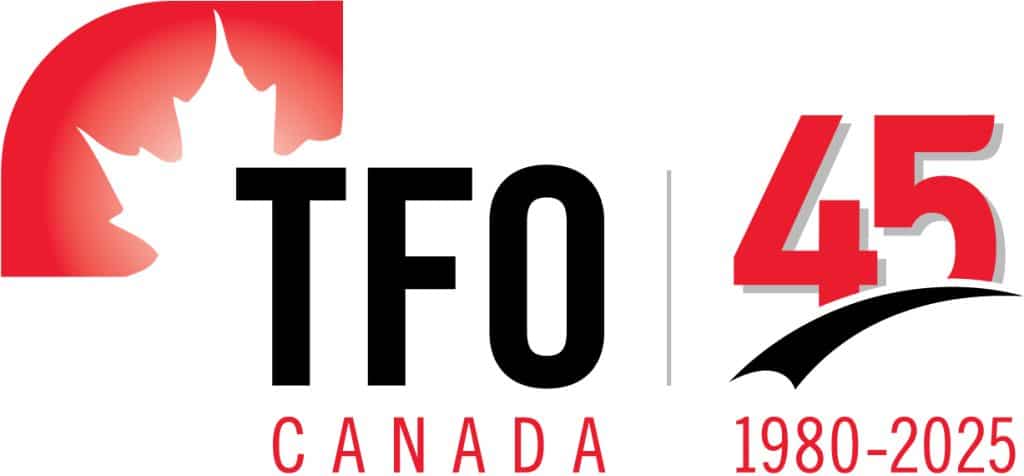Consumer spending to soften in second half of 2023: Canadian Chamber of Commerce
“While consumer spending remained strong in the second quarter, it turned a corner after the Bank of Canada ended its pause on interest rate hikes, the Canadian Chamber of Commerce said.
Consumer spending will likely slow noticeably in the second half of the year as people cut back on discretionary purchases, said Chamber chief economist Stephen Tapp.
“We do expect that consumers will be under increasing strain, particularly those folks that are borrowing,” he said. “They have to service their debt, they’re going to have to cut back on something, and they’ll be cutting back on discretionary spending.”
The Chamber tracks local spending using data from payments firm Moneris. Its business data lab found that consumer spending saw a resurgence in April and May following a post-holiday slump.
“It’s true that the second quarter has been really good. Just like the first quarter was really good,” said Tapp.
However, after the Bank of Canada hiked its key policy rate to 4.75% in June, spending started to dip, the Chamber said.
The central bank hiked its trendsetting rate again last week to 5%.
The bank is looking for slower growth to help it reach its target of 2% inflation, said Tapp, and that includes slower spending growth.
“That’s the sort of balancing act they’re trying to make, where they want to slow the economy so that supply can catch up to demand, but they don’t want to slow it so much that we have people losing their jobs and we have an actual broader recession,” he said.
Tapp said population growth has been supporting strong spending – while spending tracked by the Chamber is up from last year, when adjusted for inflation and population growth, real spending growth per person has actually been negative since mid-March.
This helps explain why consumer spending has remained strong even as Canadians cut back on spending to deal with higher costs, said Tapp.
“Overall, the economy is still moving along at a fair pace. But for the average person, the average consumer, they may not be feeling like it’s a great time right now, even if it’s not necessarily measured as a recession,” he said.
Consumer confidence decreased in June after several months of gradual increases, according to the Conference Board of Canada, with future job prospects trending negative.
Canadians prioritized spending on discretionary services over goods in the second quarter, research from RBC Economics found.
Per-capita spending has been softer than total spending estimates suggest due to soaring population growth, wrote RBC economist Carrie Freestone in a July 13 report.
But consumer spending still remained more resilient in the second quarter than many feared, she said.”
*This article is excerpted from Canadiangrocer.com website, published 20th July 2023
